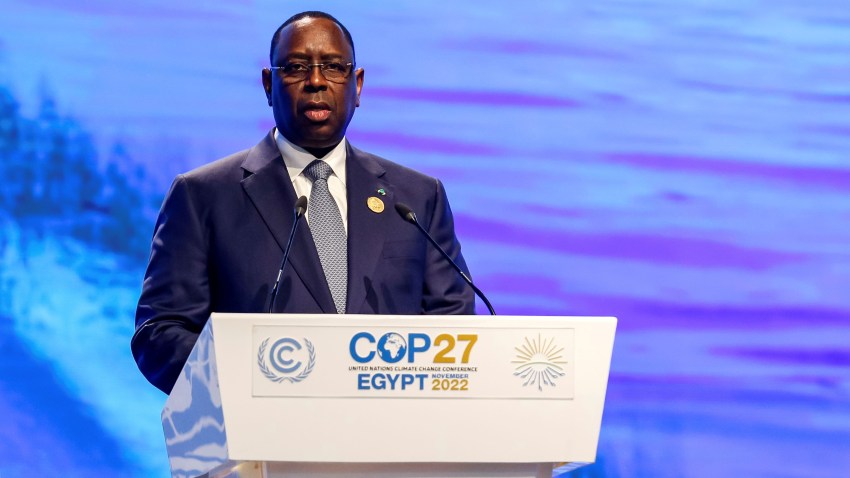The United Nations COP27 Climate Change Conference opened Sunday in the Egyptian resort city of Sharm-el-Sheikh. This year’s gathering, which has been dubbed “the African COP,” throws a spotlight on how the global climate emergency is affecting the continent, and it was billed as an opportunity for African voices to table their unique circumstances and needs. More than 100 world leaders, including many African heads of state and government, flew in for the two-day Climate Implementation Summit, in which they launched the Sharm-El-Sheikh Adaptation Agenda that aims to enhance climate resilience for the 4 billion people living in the most climate-vulnerable communities by 2030.
But African delegates arrived in Sharm-el-Sheikh with little patience for more agendas and pledges that they believe will likely go unrealized. With the disappointment of previous U.N. climate change conferences fresh in their minds and many African countries experiencing the most extreme climate events they’ve seen in years, the tensions between developing countries—in Africa and elsewhere across the Global South—and the rich, industrialized nations responsible for the lion’s share of historical global carbon emissions have been on prominent display in Sharm-el-Sheikh. Indeed, they are arguably the main takeaway from the first week of the 12-day conference.
The gathering caps a year that has witnessed extreme, devastating climate events around the world, including in Africa. Egypt’s foreign minister and COP27 president, Sameh Shoukry, opened the conference with a warning that the time to avert more disasters is running out. U.N. Secretary-General Antonio Guterres added that humanity is on a “highway to climate hell” if the “fight of our lives” is lost.

